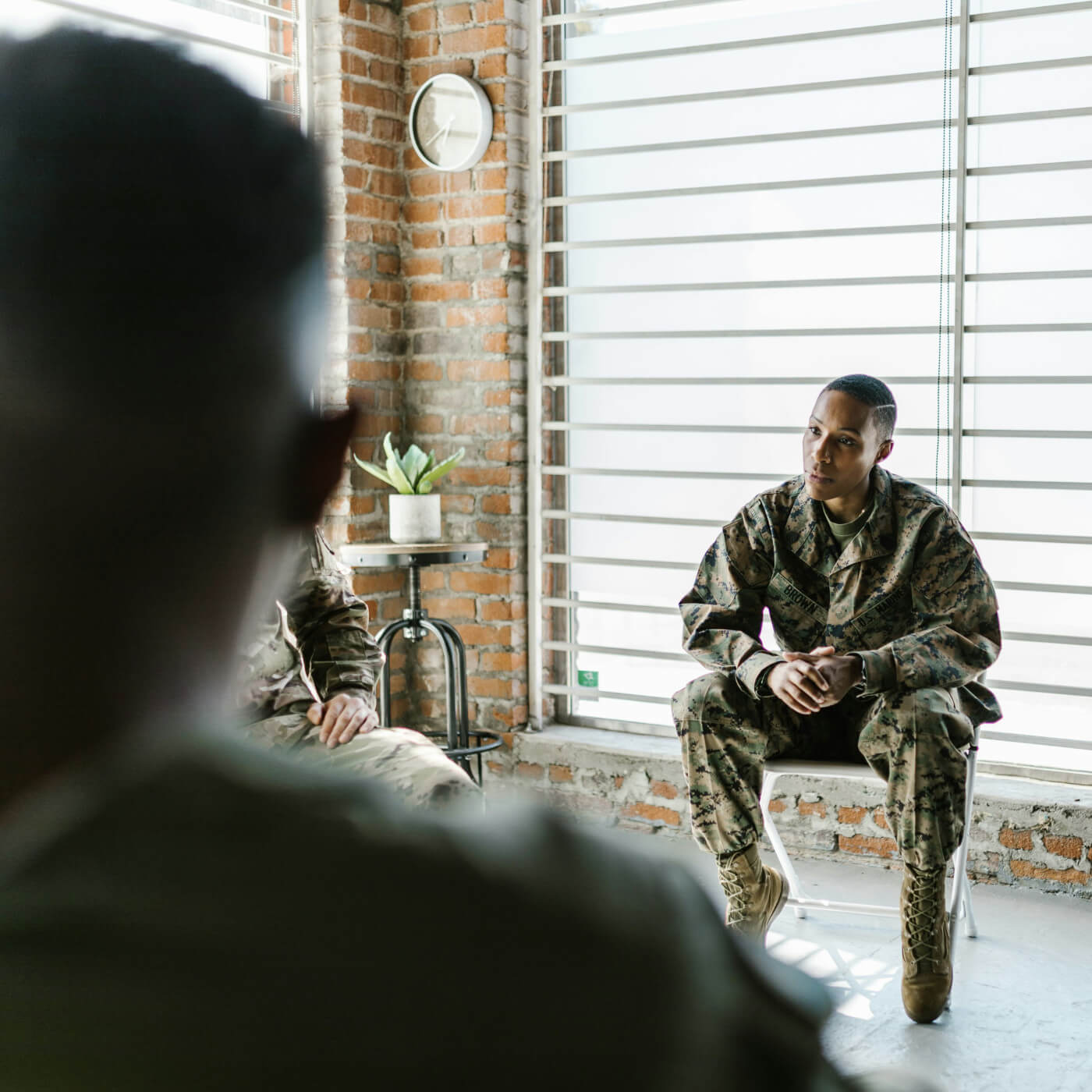Written by Lauren James Budhu
The shift back to civilian life after deployment is different for everyone. While many veterans have little to no problems readjusting back home, some face challenges of reintegration. In honor of Military Appreciation Month, society needs to examine these challenges and the many ways to support them.
Deployments often last months or up to a year or more, with minimal connection to friends and family. So it makes sense upon returning home how it might be difficult to relate to people who do not know the experiences of military personnel or to reconnect with family and establish a role within the household.
Another challenge that a veteran might face is entering the workforce. Some may have never looked, applied, or interviewed for a civilian job, especially if they had a lengthy career in the military. In applying for a new job, it’ll be necessary to translate military skills and duties to create a resume. A veteran might also have to return to a job, which might include a period of catching up, learning new skills, or adjusting to a new position. This is all in addition to dealing with unexpected difficulties like anxiety, trouble sleeping, difficulty concentrating, post-traumatic stress disorder (PTSD), depression, and others.
According to a Pew Research Center report, “while most say readjusting to civilian life was very or somewhat easy, roughly one in four say it was at least somewhat difficult.” This refers to post-9/11 veterans compared to pre-9/11 veterans. In fact, “about half of post-9/11 veterans say it was somewhat (32%) or very (16%) difficult for them to readjust to civilian life after their military service. By comparison, only about one in five veterans whose service ended before 9/11 say their transition was somewhat (17%) or very (4%) difficult.” That’s a big difference!
To help make the transition as easy as possible, the Department of Veterans Affairs (VA) offers a variety of resources. This includes:
-Job training programs: There are several programs available to help veterans learn new skills or brush up on existing ones. These include the Transition Assistance Program (TAP), Veterans Employment and Training Services (VETS), the American Job Center, and more.
- Housing assistance: Returning service members may be eligible for housing assistance from the government or private organizations, which can help with the cost of renting or buying a home.
- Educational benefits: For those interested in attending school upon their return, the government and other private organizations offer educational benefits that can help with tuition, books, and other expenses.
- Mental health services: Returning home is a major change. Get support for a variety of mental health conditions and other challenges through the VA.
- Financial assistance: For financial assistance with housing, education, and other costs associated with adjusting back to civilian life, there are also financial assistance programs available.
In addition to the VA, there are so many organizations making a difference for veterans, like Soldiers of America, Military OneSource, Veterans Returning Home, and too many more to count. They offer ways to volunteer and donate to help all of the returning veterans out there.
Service members’ dedication and sacrifices for their country should be met with respect, care, and understanding. Thank your service members for their service!


















